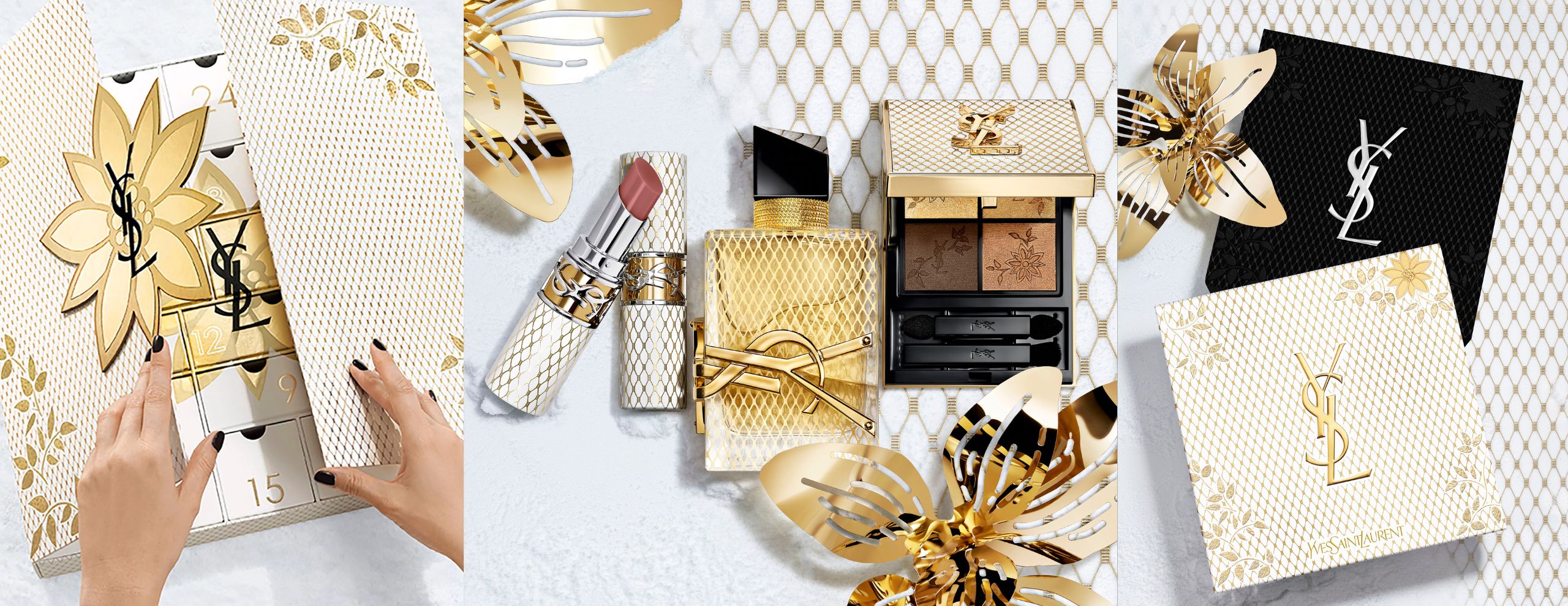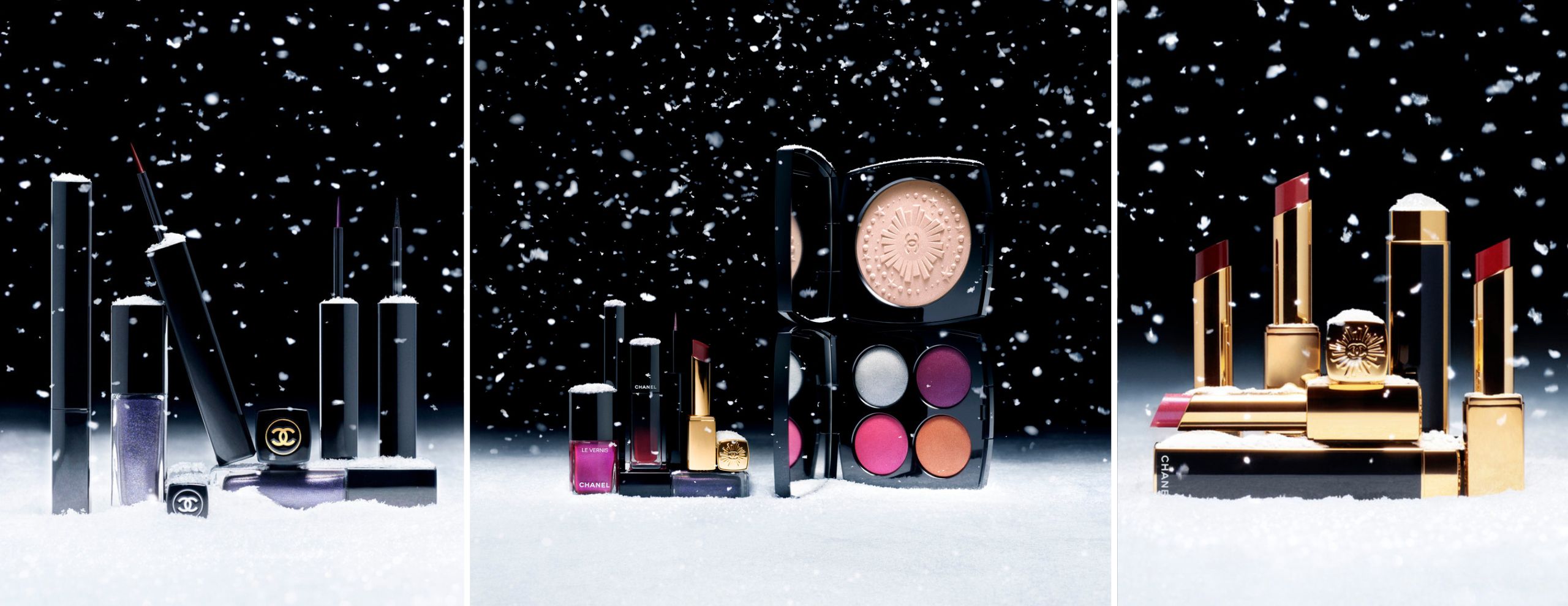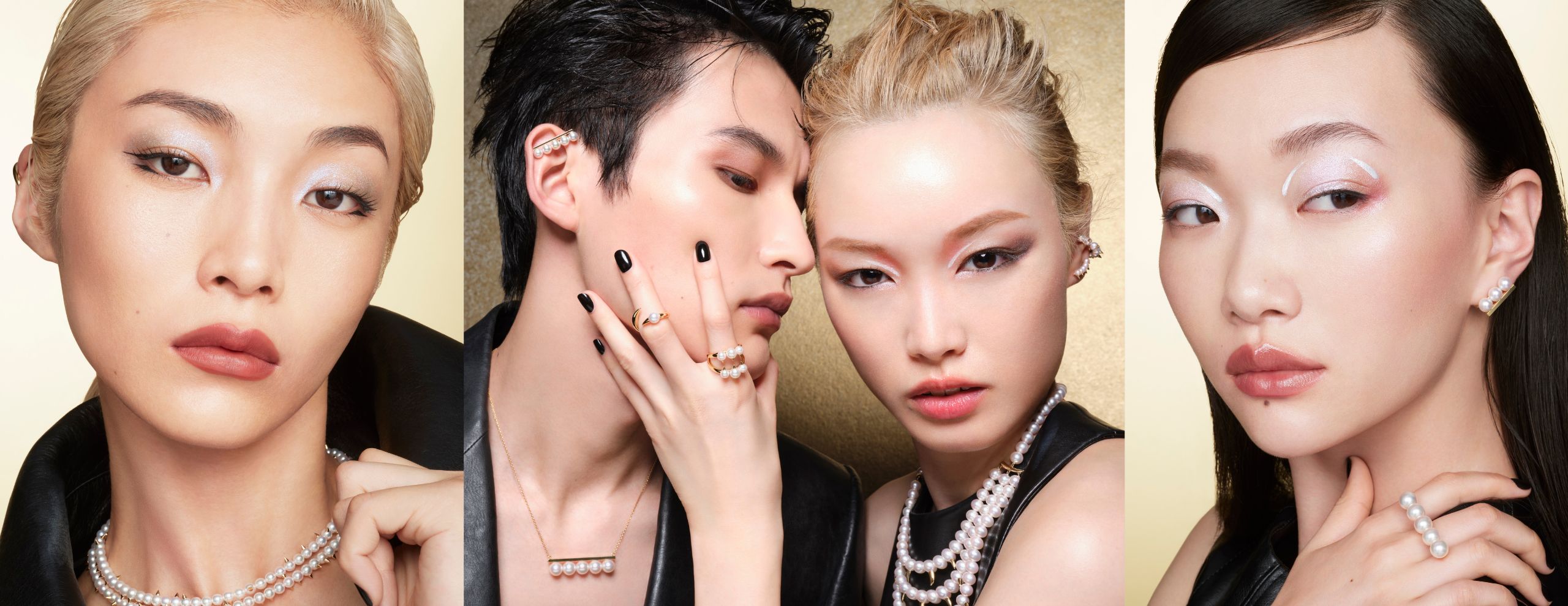Less than a month ago, we saw Free People take a huge hit for selling dreadlocks as a hair accessory. And now, it’s Marc Jacobs’ turn. The designer is coming under fire for his use of fake dreadlocks on predominantly white models during his Spring ’17 show at New York Fashion Week, including It-girls Kendall Jenner, Karlie Kloss and Gigi and Bella Hadid.
Soon after images of the show was posted on the designer’s Instagram, social media honed in on the topic, with droves of people believing it was a form of cultural appropriation. People questioned the necessity of hiring white models only to have dreadlocks added on instead of hiring more black models with actual dreadlocks. And that’s not all, folks. The woman who was paid to supply Marc Jacobs with those colourful, wool dreadlocks is also a white woman, kicking the controversy up a notch. Each dreadlock was handmade and hand-dyed by Jena Counts, an Florida-based artist who own an Etsy store, DreadlocksByJena.
But taking the controversy even further would be the various white-washed inspirations that Marc Jacobs and his team used to create the look. Marc Jacobs had previously stated that the pastel locks were inspired by transgender director Lana Wachowski, and hairstylist Guido Palau said they were going for a grungy feel à la Marilyn Manson. Some of the inspirations were a little more vague, like “club kids and ravers”. While all these inspirations are notable to an extent, it reveals that black culture was not a part of the list, which makes it an issue because of the historical roots of dreadlocks.
Incidents like these often incite a valid conversation about cultural appropriation, opening up a the issue of raiding the culture of the historically oppressed. Marc Jacobs is certainly not the first person to spark the controversy on cultural appropriation, and he certainly won’t be the last.










